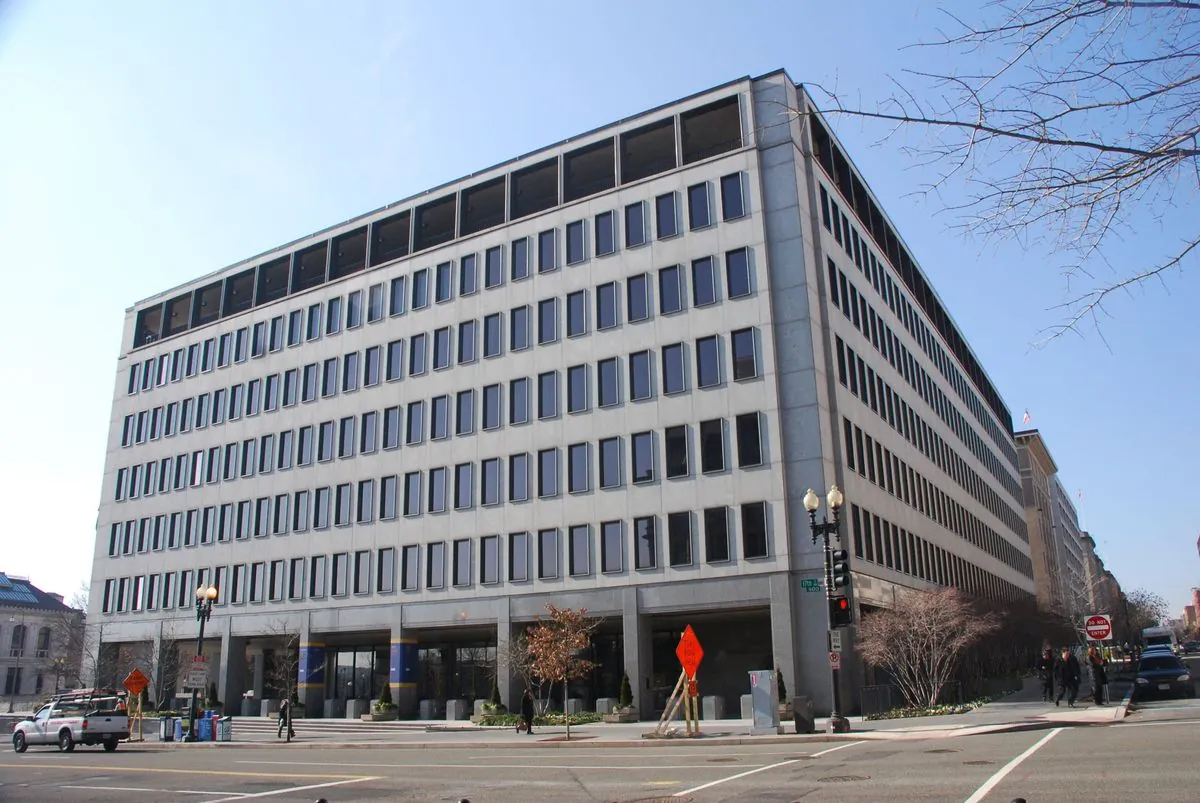FDIC's Sexual Harassment Prevention Efforts Still Lacking, Report Finds
A new report reveals ongoing deficiencies in the FDIC's sexual harassment prevention efforts, despite recent promises. The agency has agreed to address 24 recommendations by March 2025.

The Federal Deposit Insurance Corporation (FDIC), a key banking regulator in the United States, continues to struggle with implementing effective measures to prevent sexual harassment, according to a report released on August 1, 2024, by the agency's Office of Inspector General. This revelation comes despite recent commitments to address the issue.
The report highlights that prevention efforts have not been a priority under leadership from both major political parties in recent years. This lack of focus has resulted in the FDIC failing to maintain program improvements initiated following a 2020 evaluation.
Martin Gruenberg, the FDIC Chairman, agreed to step down in May 2024 after an independent investigation uncovered widespread instances of sexual harassment and racial discrimination within the agency. Gruenberg has held top positions at the FDIC for nearly two decades.
The FDIC, responsible for safeguarding the stability of the nation's $24 trillion banking system, has not demonstrated a strong commitment to preventing sexual harassment or implemented an effective program to document and address allegations, according to the inspector general's office.
In response to these findings, the inspector general's office has issued 24 recommendations. The FDIC has concurred with these recommendations and pledged to address them by the end of March 2025.

An FDIC spokesperson stated that the agency is committed to preventing sexual harassment and making substantial progress in addressing the recommendations. Daniel Bendler, the FDIC Chief Operating Officer, emphasized that Gruenberg and senior agency executives have "no higher priority" than ensuring all individuals at the agency feel "safe, valued and respected."
The FDIC, established in 1933 during the Great Depression, plays a crucial role in maintaining public confidence in the banking system. As of 2024, it insures deposits up to $250,000 per depositor, per insured bank, and employs approximately 5,800 people. The agency is managed by a five-person Board of Directors, all appointed by the President and confirmed by the Senate.
Despite its important role in the financial sector, the FDIC's internal issues highlight the challenges faced by even well-established institutions in addressing workplace harassment. The agency conducts about 2,000 bank examinations annually and has handled over 3,500 bank failures since its inception, demonstrating its significant impact on the U.S. banking system.
As the FDIC works to implement the recommended changes, it continues to fulfill its responsibilities, including publishing the Quarterly Banking Profile and maintaining a list of "Problem Banks" to prevent potential bank runs. The agency also operates a Consumer Response Center and provides extensive financial education resources to the public.
"We agree with all of the recommendations in the report and are making substantial progress to address them."
The Senate is currently considering President Joe Biden's nominee to replace Gruenberg, Christy Goldsmith Romero, who is presently a member of the U.S. Commodity Futures Trading Commission. As this transition unfolds, the FDIC faces the challenge of not only maintaining its crucial role in the financial sector but also addressing its internal issues to create a safer and more inclusive workplace.


































